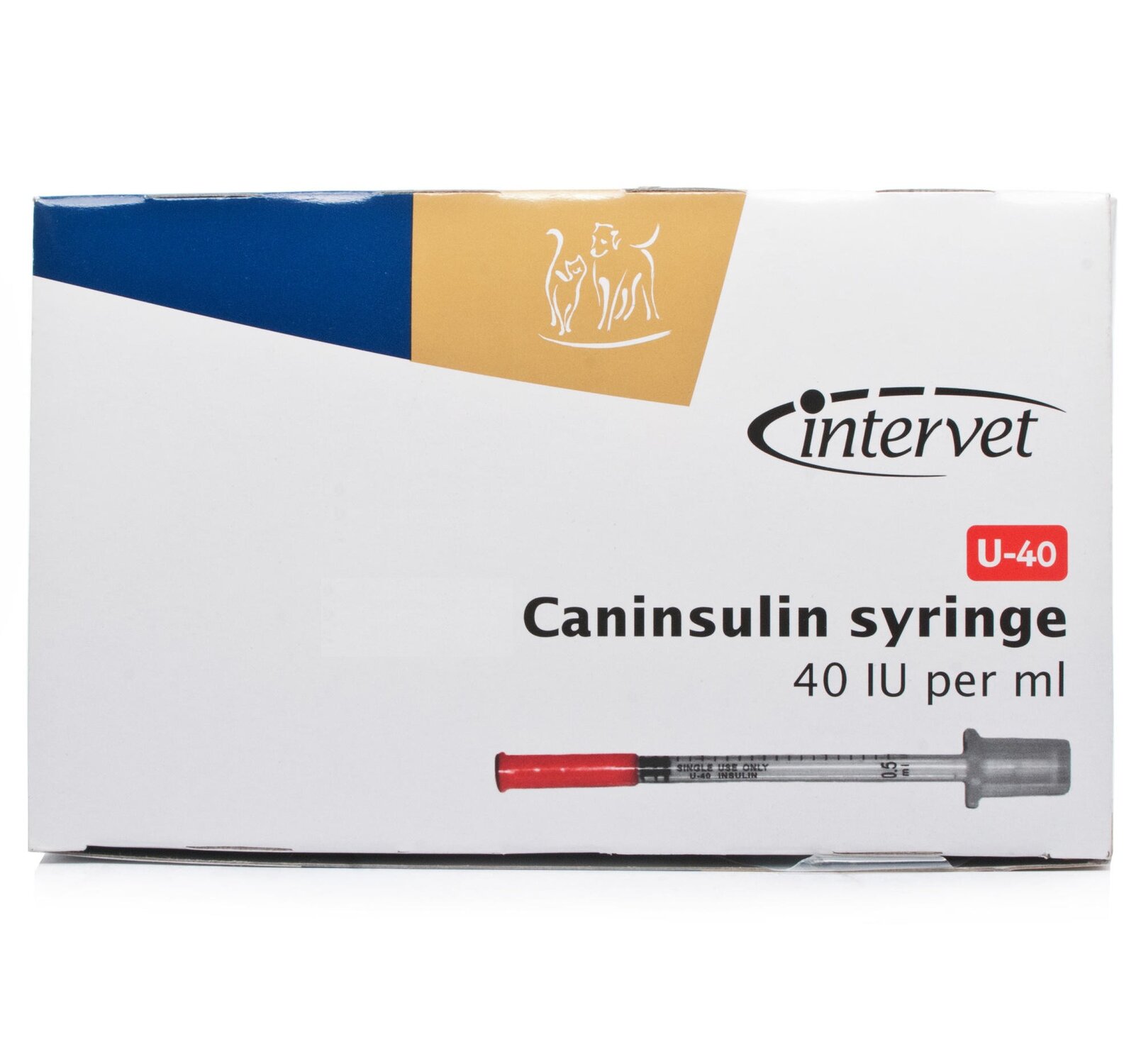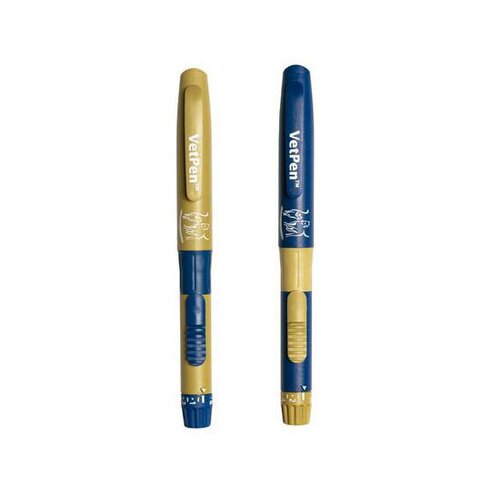As changes in insulin dose may be required from time to time, ongoing monitoring of your pet's diabetes is very important. Your veterinarian will advise the frequency of check-ups required for your pet. The most common blood tests performed for diabetes monitoring include blood glucose, serum fructosamine (measures the average blood glucose concentration over the past 2 weeks) and blood glucose curves performed over the day in hospital.
Home monitoring is also very important and we recommend recording the following signs:
- The amount of water they are drinking (monitor the amount of water you are adding to water bowls)
- Timing of meals and amount of food eaten
- How often they are urinating
- Temperament/behaviour
There are also Pet Diabetes Tracker mobile apps available to make this easier. Make sure to report any abnormalities to your vet as they may decide to get your pet back for a check-up and further testing, which may result in an adjustment of your pet's insulin dose.
Your vet may ask you to test your pet's urine at home regularly (eg once a week) via a dipstick to monitor the levels of glucose and ketones (which are produced when the body burns fat instead of glucose for energy) in the urine. If you are comfortable, your vet may show you how to measure your pet's blood glucose at home several times a day using a glucometer (which only requires a drop of blood). Alternatively, there are continuous glucose monitors available which your vet can attach to your pet that continuously reads glucose levels in the interstitial fluid (ie fluid between cells, rather than in the blood) throughout the day for up to 2 weeks.

